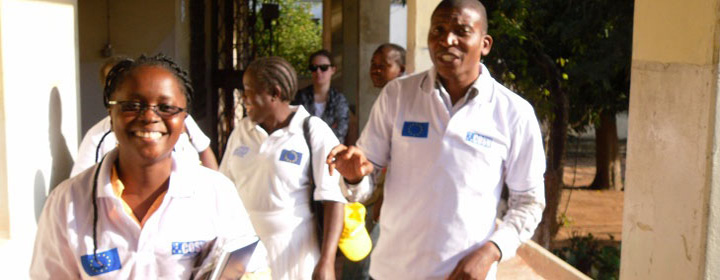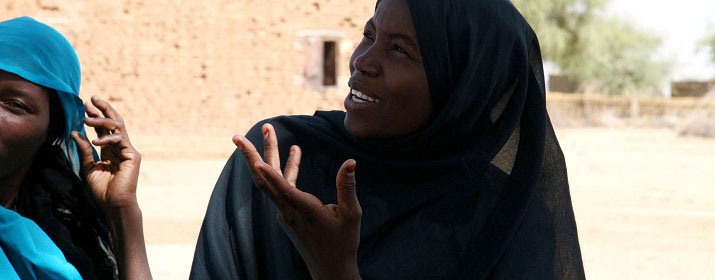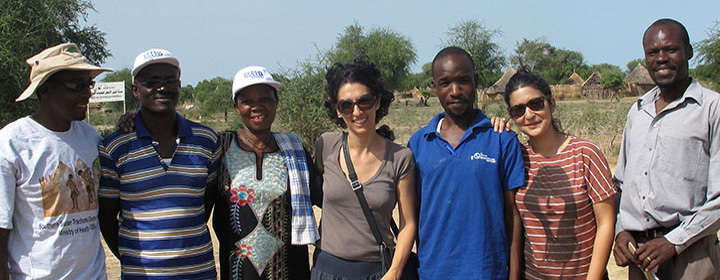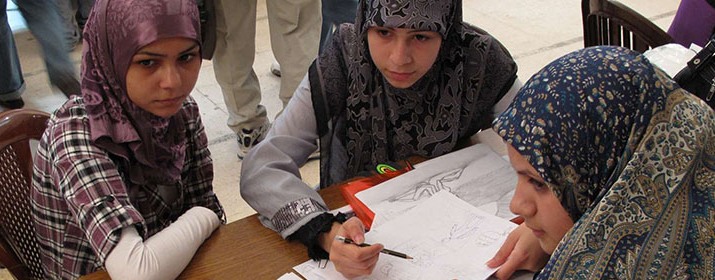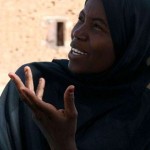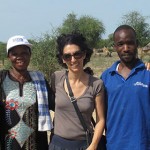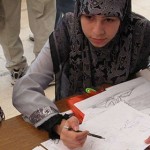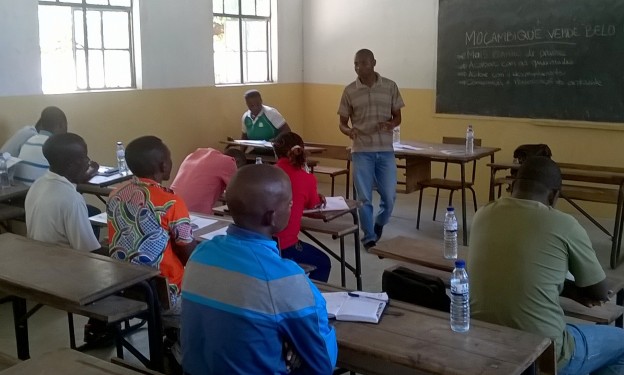Climate change is increasing frequency and intensity of environmental disasters on global scale. In Countries like Mozambique, the effects of these phenomena are more visible than elsewhere and have gradual but long-lasting impacts on food production and consumption, as well as on economy and development possibilities.
Put a stop to resources impoverishment, carbon emissions and deforestation is a first essential step to start working on Mozambican population resilience that is strongly connected to environment health.
This process cannot be imposed, but shall start from a cultural change, from communities’ perception of resources value. That is why our cooperation program in the areas surrounding the National Reserve of Gilé (Mozambique), aims at mediating between communities’ growth possibilities and natural heritage preservation, starting right from environmental and nutritional education.
Thanks to the European Union support, we built an education program for technicians and teachers, to disseminate essential information and to open up a constructive dialogue on the most urgent ecological, social and legislative aspects at local level.
We work with Reserve management committees, Maputo University, scholastic coordinators, local authorities, to spread in capillary way inside communities the culture of sustainability.
We frequently arrange moments of sharing and dialogue to aware on climate change, to introduce new health and hygiene practices, to inform population on governmental programs and on community waste management.
In the last month, we involved 52 professors of 30 schools from 14 different communities in seminars of pro-active education, addressed to teachers of several disciplinary areas. Participants in these meetings realised the transversal dimension of the environmental education, its strong interconnection on both theoretical and practical level with sustainability, gender equality and culture.
It is important that these reflections will not exhaust, that they will not remain circumscribed in the single seminar experience. That is why during the sessions – together with technicians responsible for environmental education at the Provincial Direction of Rural Development in Zambezia – we promoted the creation of the Environmental Clubs (organisations of students and teachers). With COSV patronage, they will be able to amplify the scale of our message: “resources belong to communities they have to preserve them, being the voice of change and development”.

